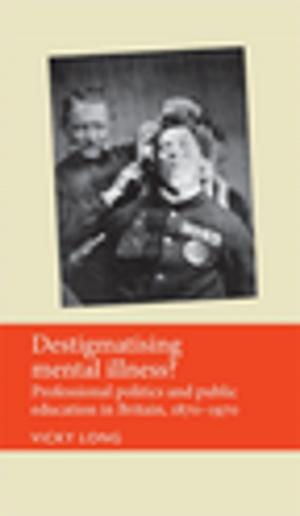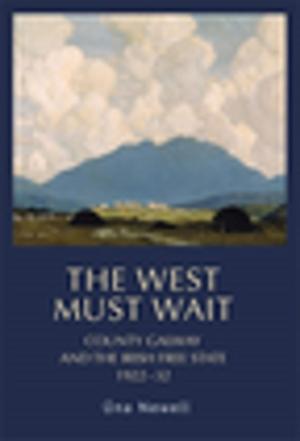Conrad's Marlow
Narrative and death in 'Youth', Heart of Darkness, Lord Jim and Chance
Nonfiction, History, Modern, 20th Century, Fiction & Literature, Literary Theory & Criticism| Author: | Paul Wake | ISBN: | 9781847796745 |
| Publisher: | Manchester University Press | Publication: | July 19, 2013 |
| Imprint: | Manchester University Press | Language: | English |
| Author: | Paul Wake |
| ISBN: | 9781847796745 |
| Publisher: | Manchester University Press |
| Publication: | July 19, 2013 |
| Imprint: | Manchester University Press |
| Language: | English |
Variously described as ‘the average pilgrim’, a ‘wanderer’, and ‘a Buddha preaching in European clothes’, Charlie Marlow is the voice behind Joseph Conrad’s ‘Youth’ (1898), Heart of Darkness (1899), Lord Jim (1900) and Chance (1912). Conrad’s Marlow offers a comprehensive account and critical analysis of one of Conrad’s most celebrated creations, asking both who and what is Marlow: a character or a narrator, a biographer or an autobiographical screen, a messenger or an interpreter, a bearer of truth or a misguided liar? Reading Conrad’s fiction alongside the work of Walter Benjamin, Maurice Blanchot, Jacques Derrida and Martin Heidegger, and offering an investigation into the connection between narrative and death, this book argues that Marlow’s essence is located in his liminality – in his constantly shifting position – and that the emergence of meaning in his stories is at all points bound up with the process of his storytelling.
Variously described as ‘the average pilgrim’, a ‘wanderer’, and ‘a Buddha preaching in European clothes’, Charlie Marlow is the voice behind Joseph Conrad’s ‘Youth’ (1898), Heart of Darkness (1899), Lord Jim (1900) and Chance (1912). Conrad’s Marlow offers a comprehensive account and critical analysis of one of Conrad’s most celebrated creations, asking both who and what is Marlow: a character or a narrator, a biographer or an autobiographical screen, a messenger or an interpreter, a bearer of truth or a misguided liar? Reading Conrad’s fiction alongside the work of Walter Benjamin, Maurice Blanchot, Jacques Derrida and Martin Heidegger, and offering an investigation into the connection between narrative and death, this book argues that Marlow’s essence is located in his liminality – in his constantly shifting position – and that the emergence of meaning in his stories is at all points bound up with the process of his storytelling.















